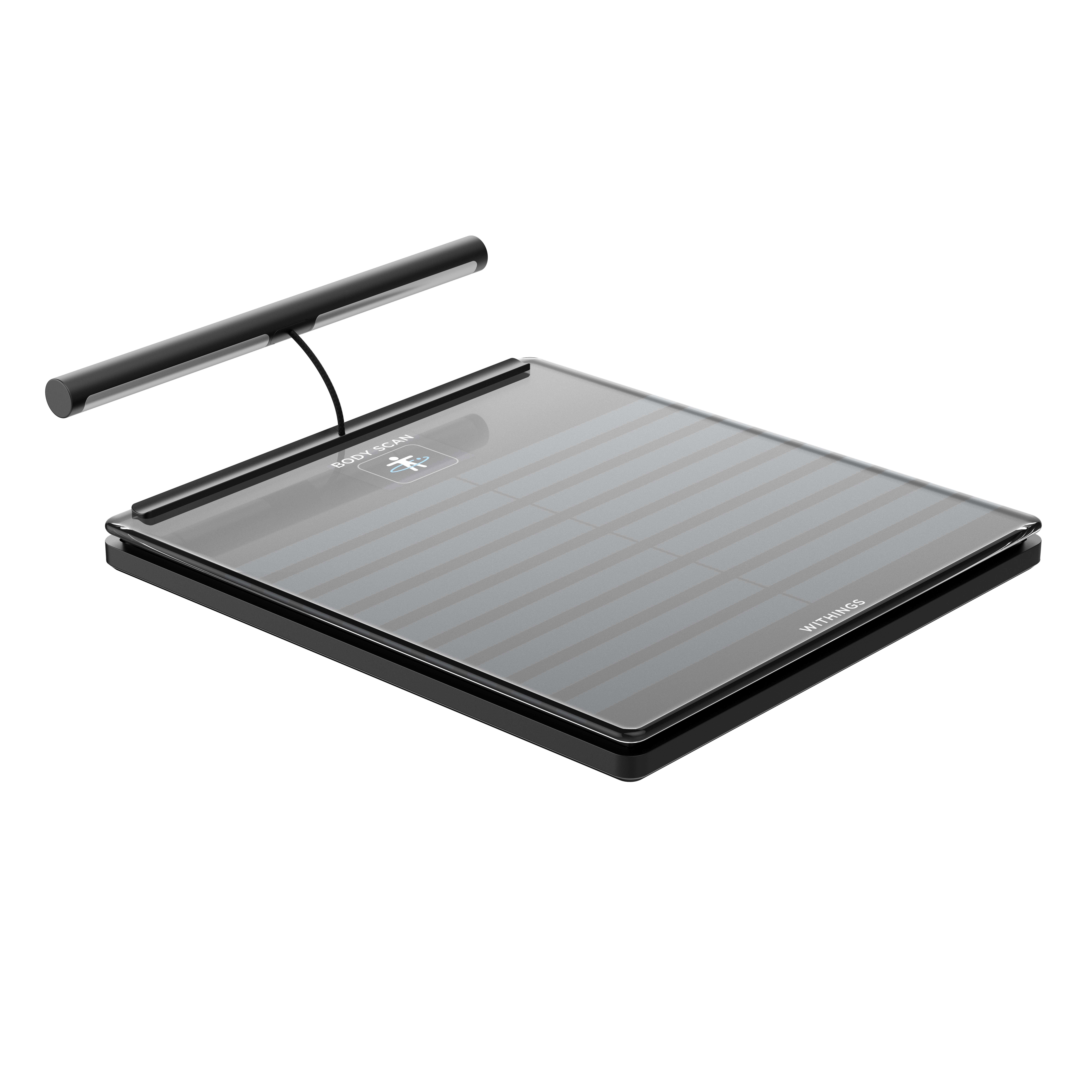
Feeling nervous about the health of your nerves? If you are, you may notice your heart beating a little faster, your palms sweating or some overall anxiety. But you also may have guessed that these responses are thanks to—that’s right—your nervous system. Arguably the most complex system within your body, the nervous system works in a continuous feedback loop to take in all the sights, sounds, tastes, textures, thoughts and emotions you experience and make them, well, make sense.
It’s safe to say your nervous system is important, so read on to learn what your nerves really do, signs of damage to look out for and how to keep track of your nerve health at home.
How do your nerves work?
Your nerves act as messengers in your body, through which signals are rapidly sent from one area to the next, mainly from the brain to another part of the body. Your nervous system affects every aspect of your health, including your ability to interact with and understand the world around you.
The many functions your body performs automatically, such as breathing, blinking or digesting food, as well as other highly intricate processes like thinking, learning, speaking and moving are supported mainly by your nervous system. Whether you want to focus on monitoring your heart, getting better sleep, increasing your physical activity, or just improving your lifestyle overall, maintaining a healthy nervous system will be an essential part of that journey.
What are the signs of nerve damage, and how does it happen?
In your everyday life, you can look out for symptoms of tingling, burning, weakness or general pain. These could be indicators of autonomic peripheral neuropathy, which is a condition caused by damage to the nerves that extend to your hands and feet, and are involved in your body’s autonomic, or involuntary, functions. The nerves present in the legs and feet in particular are very long and fragile, so they are usually the first to show signs of damage. As damage progresses over time, the nerves ability to produce and respond to stimulation is decreased.
Autonomic peripheral neuropathy can be caused by many factors, including diabetes, infection, injury or autoimmune conditions. In fact, it’s estimated that about 2.4 percent of the world’s population is living with some form of nerve damage, with the number rising to about 8 percent among older people. Yet, the actual number may be much higher due to the lack of extensive testing available. Diabetes is the leading cause of peripheral neuropathy—approximately 50% of people diagnosed with diabetes will develop the condition depending on the type of diabetes (type 1 vs type 2), ability to manage glucose levels and age of diagnosis.
The side effects of peripheral neuropathy can interrupt tasks you’d normally perform on a daily basis, such as balancing while walking or standing, driving a car, using fine motor skills (like tying your shoes or playing a favorite sport), and increased sensitivity to hot or cold temperatures outside.
However, the good news is that you can prevent and slow down the progress of nerve damage. One of the best ways you can do this is simply by taking care of yourself, through keeping active, eating well and limiting stress in your life. The American Diabetes Association also recommends that if you do have diabetes, paying special attention to your feet is key—check the soles of your feet regularly for hot/cold spots, bumps, blisters or swelling, since you may not notice injuries or concerning symptoms due to loss of sensation.
What can a smart scale tell you about your nerve health?
Currently, there are limited options available for monitoring your nerve function at home. That’s where Withings Body Scan comes in—this smart scale contains technology that makes it possible to get a snapshot of your health like never before. When you step on your scale, conductive electrodes allow an undetectable current to pass through the soles of your feet and measure your nerves’ response to this stimulation. More specifically, it measures the response of sweat glands located on the bottom of your feet. This information is quantified to produce your Nerve Health Score.* You can use your Nerve Health Score to identify changes in your nerve function, make necessary adjustments in your lifestyle, and gain a deeper understanding of the state of your health.**
Here’s hoping this article shed some light on the true importance of your nervous system and the many ways it allows you to live your best and healthiest life. Take the first step towards better nerve health today, with Body Scan.
*Nerve Health Score is currently available in the EU only
**Always consult your doctor in case of questions or before adjusting your medical treatment

